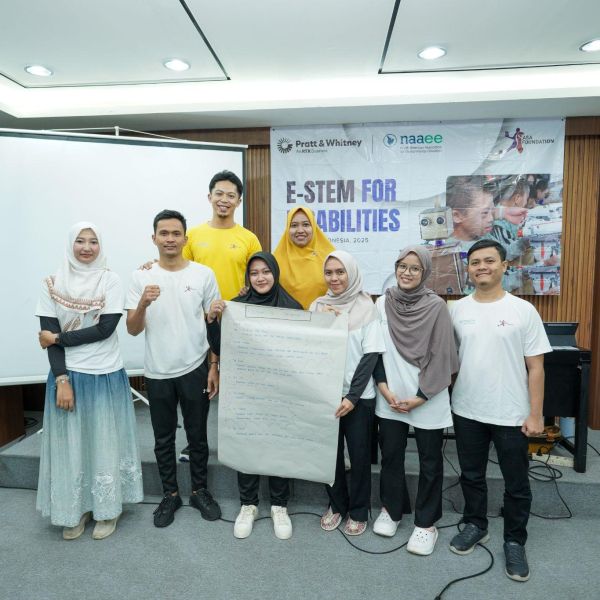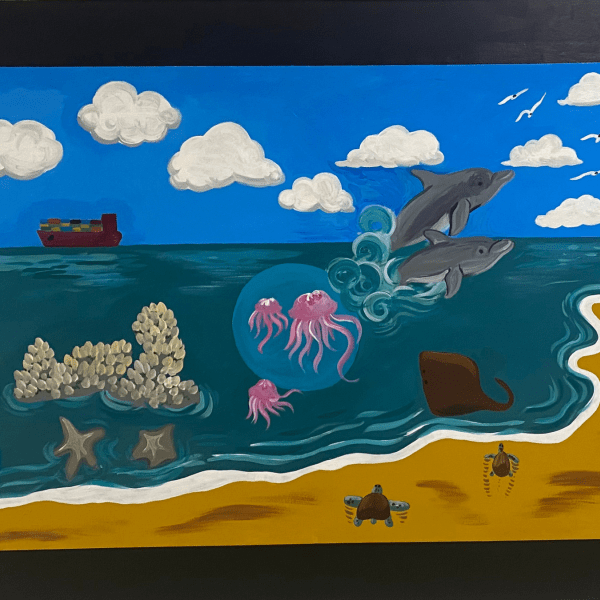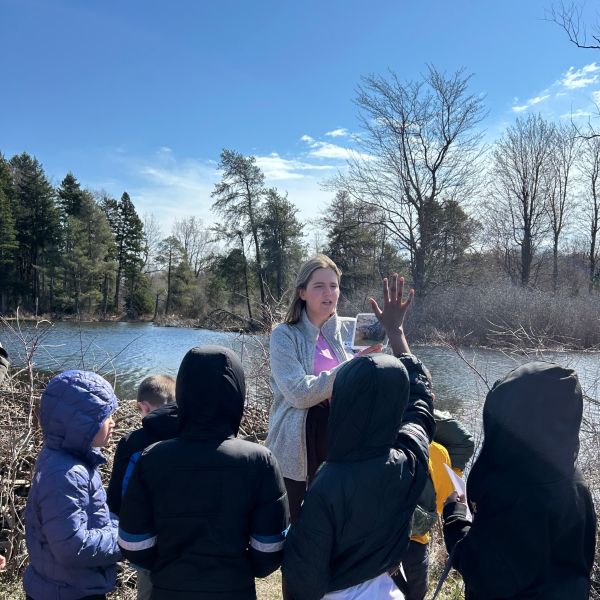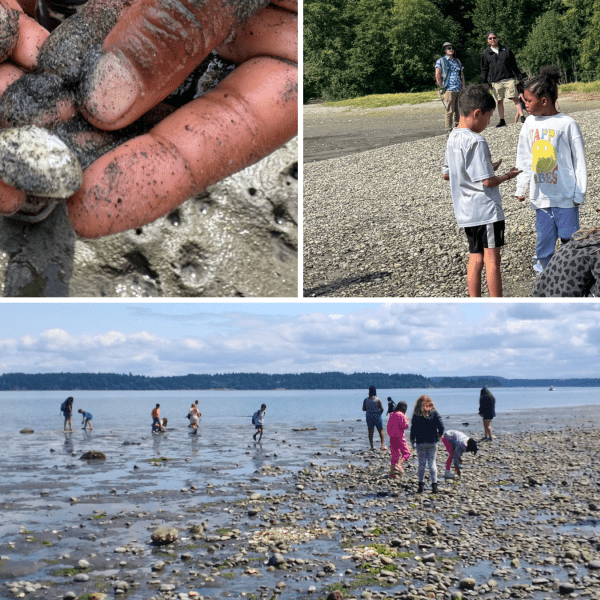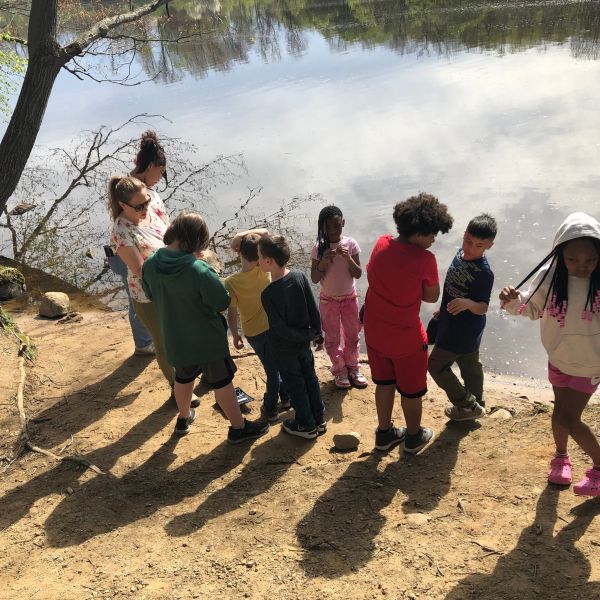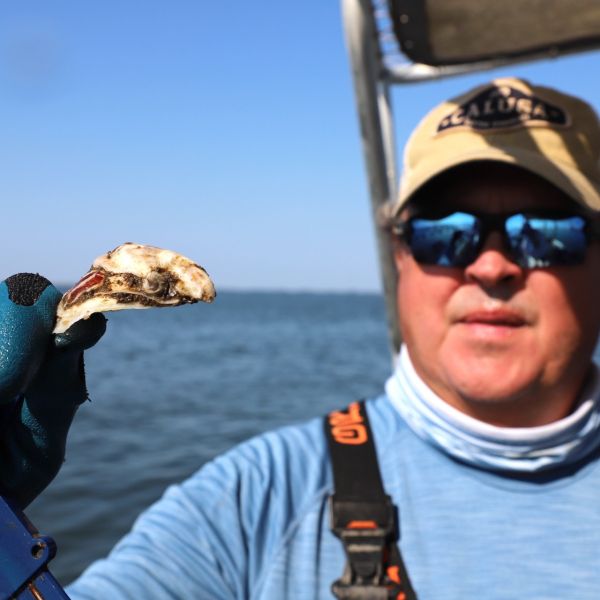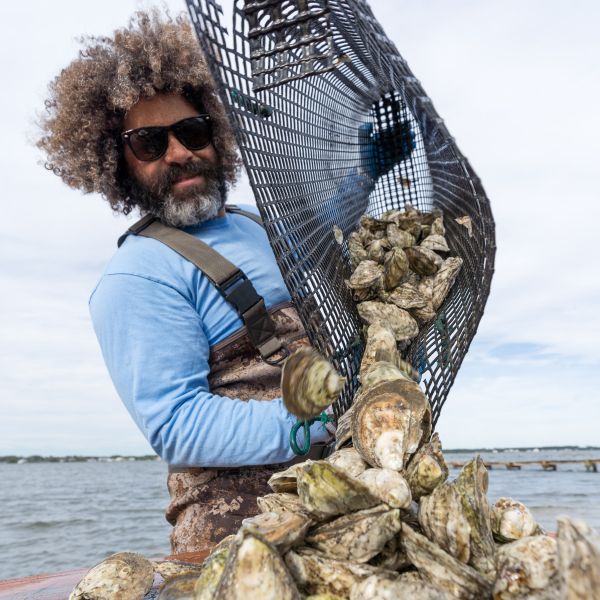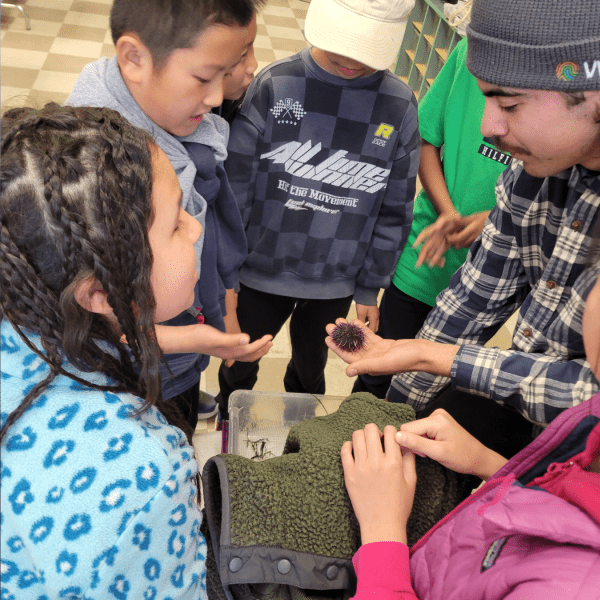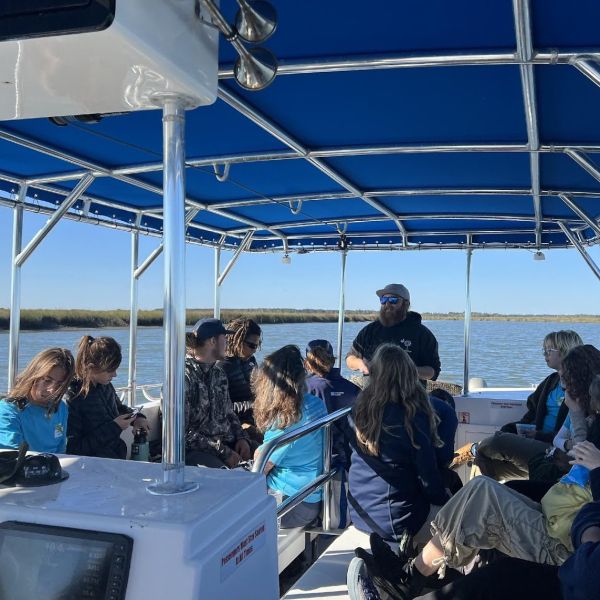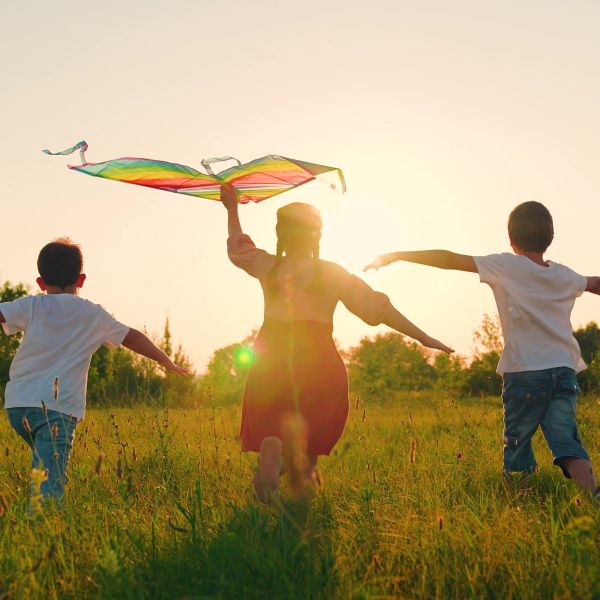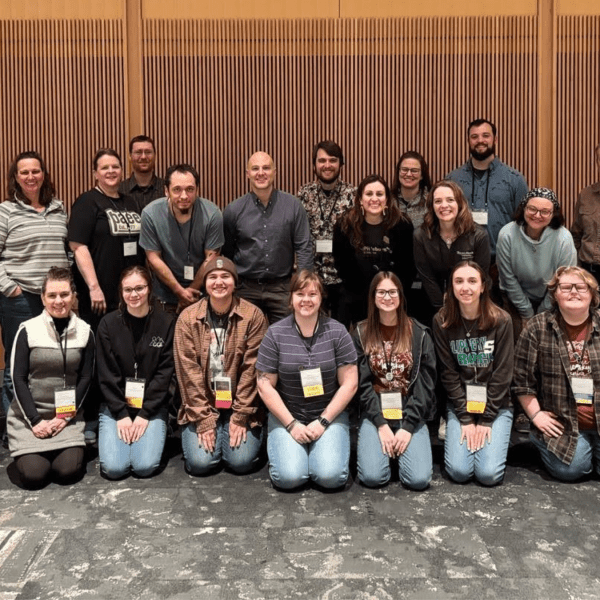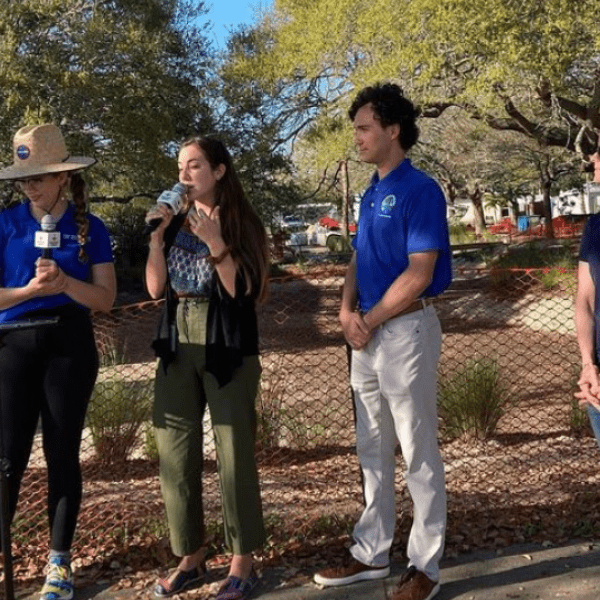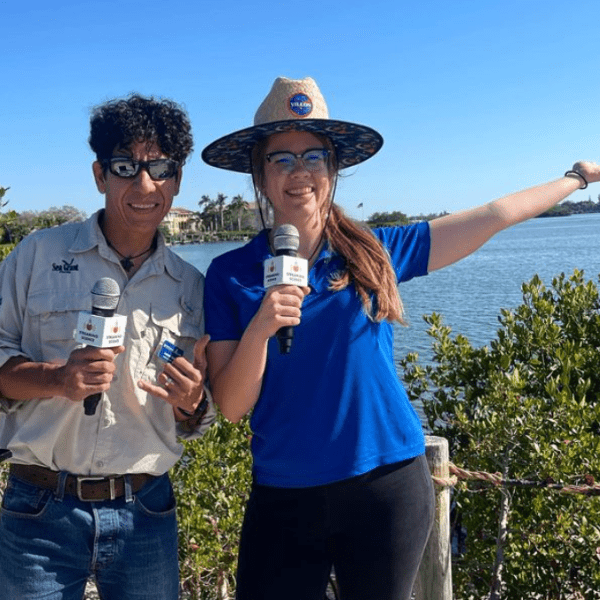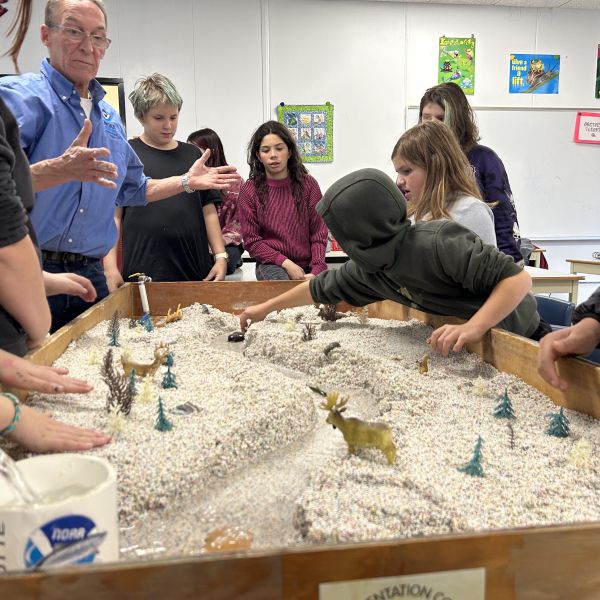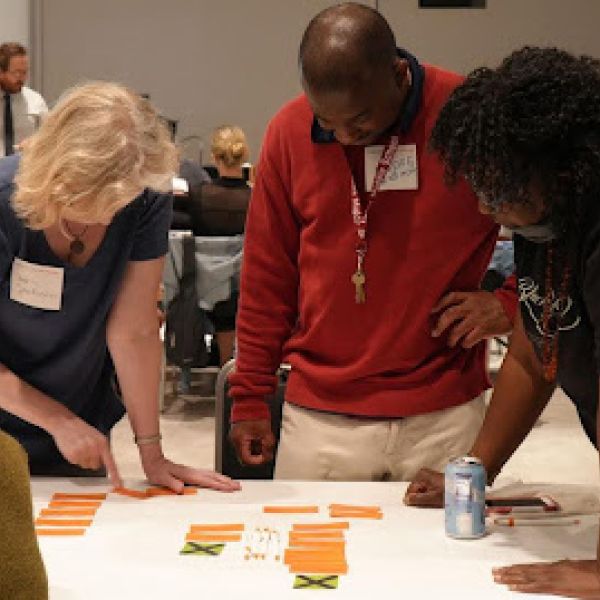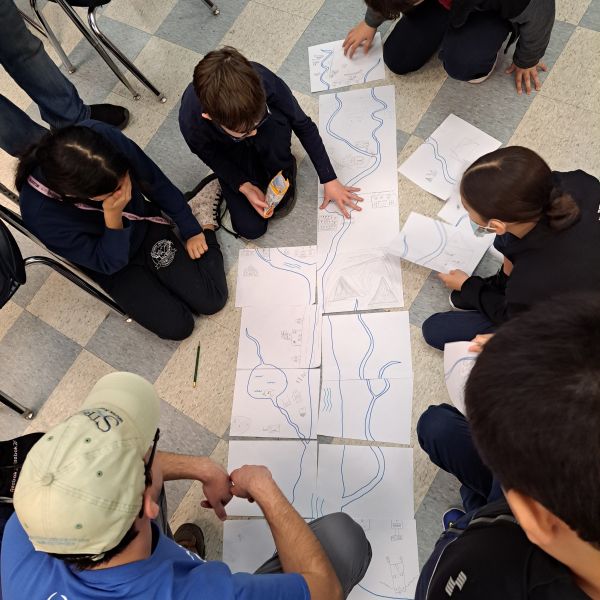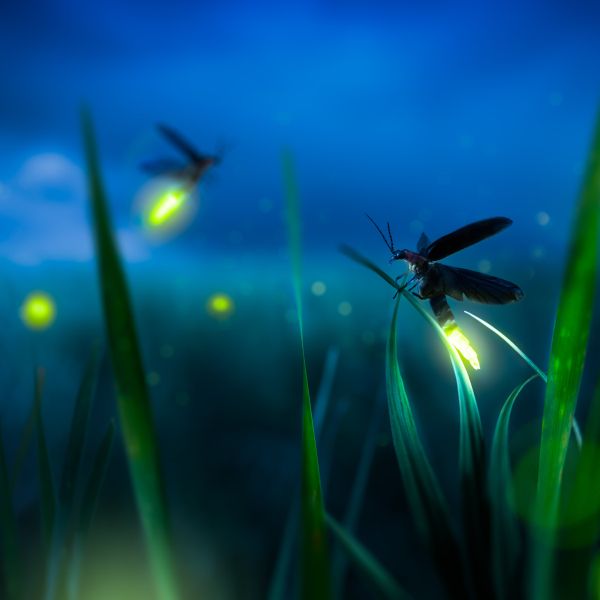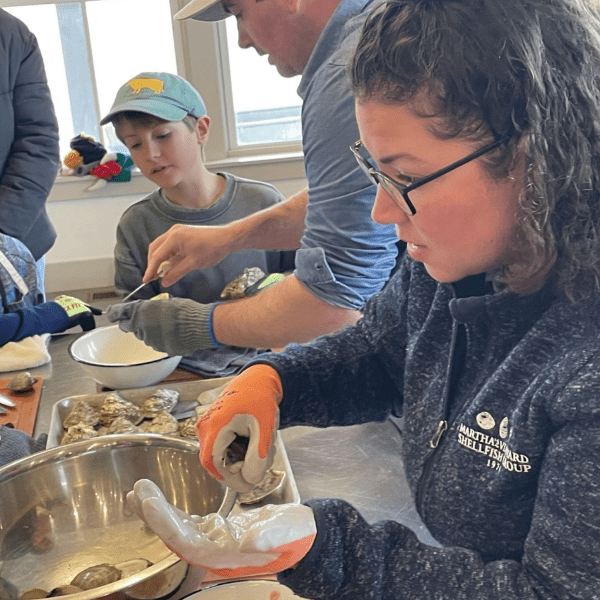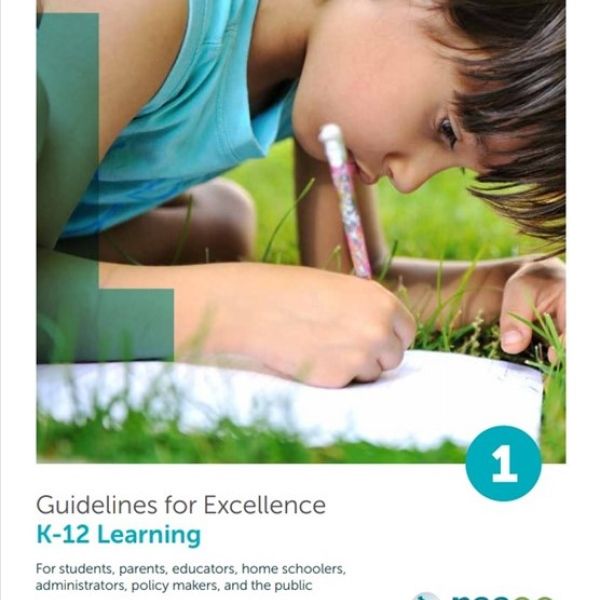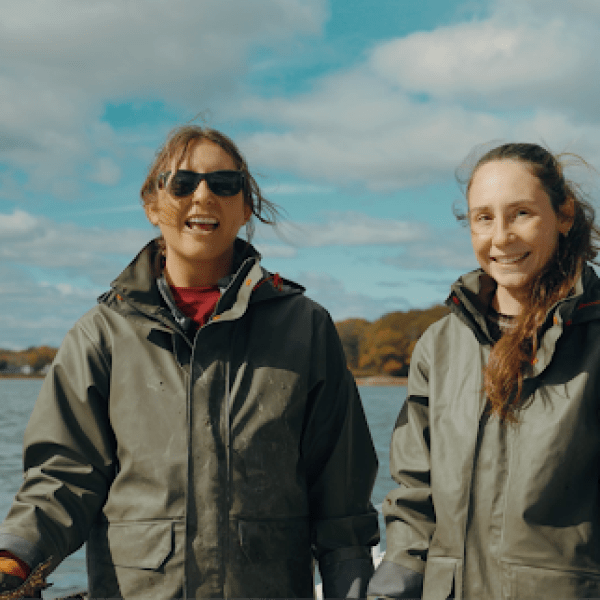
Blog

-
With the support of an E-STEM Award from Pratt and Whitney and NAAEE, the ASA Foundation’s E-STEM for Disabilities project in Indonesia is expanding E-STEM education accessibility by equipping teachers with what they need to support all learners, regardless of their abilities.
-
A hurricane hit the habitat preserve surrounding a small Texas school, but Artist Boat turned repair into real learning. With support from the eeBLUE 21 CCLC Watershed STEM Education Partnership Grant, students saw resilience firsthand and discovered why their coastal ecosystem needs them.
-
"What creek?" became "our creek" after ten weeks of learning. Engaging young students in their local watershed through field trips, water testing, and storytelling transformed a forgotten waterway into a shared stewardship. Get the full story in the latest education of the eeBLUE Watershed…
-
Read how hands-on science, beach explorations, and after-school activities helped students connect their daily lives to the health of Puget Sound in our eeBLUE Watershed Chronicles.
-
Nineteen days and a summer full of campers. Through an eeBLUE grant, ShoreRivers and Caroline County Recreation and Parks built stronger partnerships to provide unforgettable learning experiences for 60 fifth-graders.
-
Through an eeBLUE Watershed STEM Education Partnership grant, students tested water quality, kept nature journals, and explored the science in their own backyards. Read our latest Watershed Chronicles to see how hands-on learning keeps curiosity flowing.
-
Back-to-back hurricanes delayed the launch of a new educational exhibit for one eeBLUE grantee. But through it all, the team’s resilience stands out. Their story is a reminder that real progress isn’t just about milestones—it’s about weathering the setbacks together.
-
North Carolina Oyster Month is coming! From community storytelling to hands-on learning, aquaculture is equipping educators with the skills to lead in classrooms and in conversations across their communities. Read our latest in eeBLUE's Harvest Stories.
-
Knee-deep in sand and science, students from Jean Parker Elementary tracked sand crabs for a long-term scientific monitoring program and learned about marine careers. When students do the work, they start to see how they can be part of what protects it.
-
The South Carolina Aquarium Teen Conservation Crew is empowering high school students to tackle climate change through hands-on conservation and aquaculture education. Supported by the eeBLUE Aquaculture Literacy Mini-Grants Program, crewmates explored oyster farming’s ecological benefits firsthand…
-
From whales to coral reefs, students dove into science through hands-on experiences that flowed together, like tributaries feeding a river of understanding. Read more in our latest eeBLUE Watershed Chronicles blog.
-
This blog builds on a new collection of eeRESEARCH which explores how environmental educators can effectively address the intense emotions, anxiety, grief, anger, and helplessness, that students experience when learning about climate change and ecological crises. Rather than avoiding these feelings…
-
As an ee360+ training partner, University of Wisconsin-Stevens Point works with higher education faculty and staff to connect them through statewide networks that offer professional development and opportunities to build community through monthly webinars.
-
Slippery Rock University's online Master of Education in Environmental Education is a 30-credit program designed for formal and nonformal educators. Achieving NAAEE accreditation helped the program recruit high-quality students and assisted its students in pursuing excellence in the field.
-
CEE-Change Fellow Caroline Nickerson discusses her dissertation, focused on answering this question: could a live webinar from a field site led by a UF/IFAS Extension agent educate people about climate change and a particular climate impact in a county, changing the way attendees think about climate…
-
Caroline Nickerson discusses her time as a CEE-Change Fellow, bringing her Community Action Project to life. Caroline launched a series of "Digital Field Experiences" (DFEs) across Florida called ClimateCast LIVE to educate Floridians about climate change.
-
What if your classroom was a river? That's what SeDoMoCha students explored through an eeBLUE-supported program. Students connected deeply with Maine's Penobscot River, raising salmon, restoring habitats, and more. Read the latest Watershed Chronicles to learn more.
-
Curious about how your organization can better support civic engagement? This new toolkit busts common myths, shares real-world insights, and highlights the powerful roles museums, science centers, and others can play in building more informed and connected communities.
-
What do a sponge and an ice cube tray have to do with tree science? Students in Stroud Center's after-school programming are making surprising and fun connections within the world of watershed education. Read the full story in the latest Watershed Chronicles, a blog series by, about, and for…
-
What happens when the night isn’t so dark? From fireflies losing their glow to turtles losing their way, this latest post explores these impacts and more, including hands-on activities for educators to help students see how light pollution affects the natural world.
-
Students at Tree Heroes Club dig into hands-on ecological investigations—measuring trees, studying leaves, and learning about the local watershed. But they're also growing something bigger: community. Read a new Watershed Chronicles blog post from Boxerwood, a grantee of the eeBLUE 21st CCLC…
-
Martha's Vineyard Shellfish Group, Inc. connects youth with marine science through hands-on learning with support from an eeBLUE Aquaculture Literacy Mini-Grant. From shucking oysters to community programs, MVSG is cultivating the next generation of environmental stewards.
-
Are you taking your college coursework and workshops online? The K–12 EE Guidelines: Online Teaching Module provides materials to use in your college course or professional development workshop including a step-by-step introduction to NAAEE's K–12 Environmental Education: Guidelines for Excellence.
-
Step aboard with Saltwater Classroom and the Nauti Sisters as they team up to film a behind-the-scenes look at a Maine oyster farm. These videos will become part of Saltwater Classroom’s Online Ocean Literacy Platform, making aquaculture education more available than ever.
